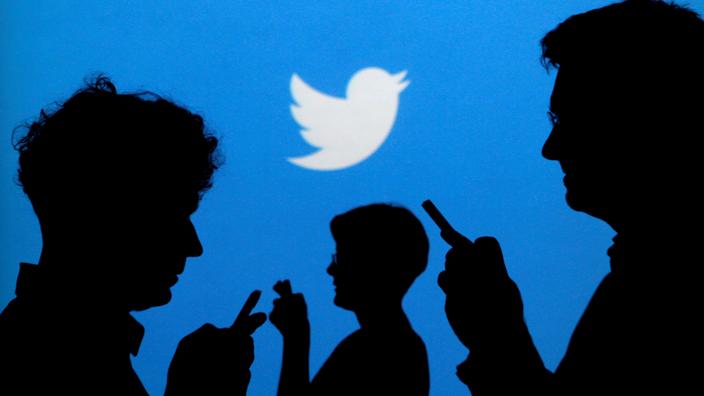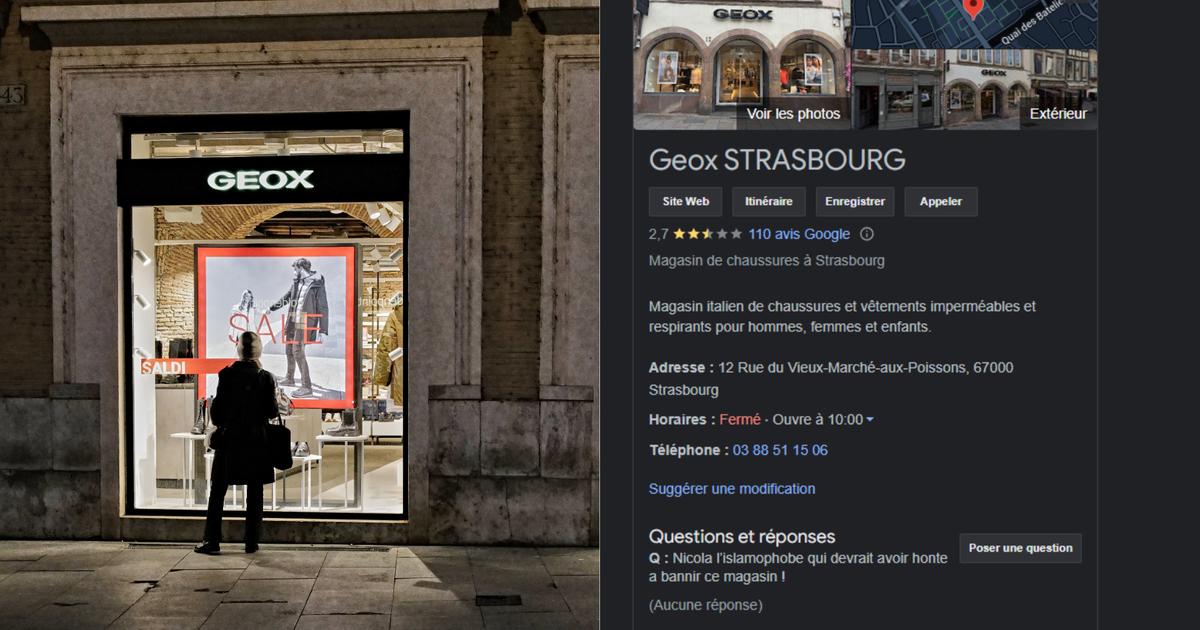How does false information spread on Twitter France?
This issue has taken on particular importance this year, as the health crisis has sparked an upsurge in fake news online.
To answer it, the Superior council of audio-visual (CSA) sifted through the data of the social network, obtained by the means of its programming interface (API).
The study, published Wednesday, "
sheds light on the mechanisms for the propagation and correction of false information on this platform
."
It traces the course of several false information, identified thanks to reference media such as Agence France-Presse, France 24 or France Info.
One of the infox claims that "
the coronavirus could be transmitted via parcels from China
".
Another affirms that “
the CSA would have announced the deprogramming of the emission“ Touche pas à mon poste
”.
Among these false information, those concerning delinquency, immigration, Israel and Palestine, pedophilia, Islam or even Freemasonry are over-represented, note the authors of the study.
Fact checkers facing the flood of fake news
First observation: accounts that share fake news often have fewer subscribers than those belonging to recognized media.
On the other hand, these subscribers are often more active and participate strongly in their virality.
Thus, “
all the false information studied present a high concentration of Tweets over a very short period of time
, observes the CSA, for whom
this leads to underline the difficulty of the role of information verifiers, who must react very quickly in order to to have an impact on the propagation of this false information
”.
Thus, the work of the media which endeavor to verify and contextualize false information often turns out to be in vain, since "
the discussion on these subjects quickly dies down on Twitter without the verified information ever having occupied a majority place
" , notes the CSA.
On Twitter, "
real information does not drive out false information
", regret the authors of the study.
Regarding the phenomenon of echo chambers, which see users locked in a world of fake news and conspiracy, the researchers draw a nuanced picture, where accounts that spread false information are also subscribed to recognized sources.
Thus, 80% of subscribers to unreliable accounts also follow reliable accounts, observed the CSA.
Conversely, "
individuals exposed to an echo chamber phenomenon
- those who do not subscribe to any recognized media -
are in the minority among the subscribers to the least reliable accounts of Twitter
", tempers the CSA.
The case of Facebook ads
In a second study published last Wednesday, the CSA looked at Facebook, which is also a battleground for online influence.
This time, it is the thorny issue of political advertising that has been studied by the organization.
For this, he relied on the advertising library that Facebook makes available to journalists and researchers.
They have discovered that despite their limited investments, political advertisers manage to reach a large number of users.
Since 2019, the 39 million French people on Facebook have been exposed more than a billion times to political ads, according to the study.
Since the explosion of the health crisis due to Covid-19, sponsored content linked to the virus has multiplied.
"A
particularly large investment seems to come from Chinese sources to promote the action of the Chinese government in the fight against the coronavirus
", noted the authors of the study.
SEE ALSO
- Nicaragua passes a law punishing "fake news" with prison


/cloudfront-eu-central-1.images.arcpublishing.com/prisa/ELHCUHQRSFERVA3HKYGKZVLACM.jpg)








/cloudfront-eu-central-1.images.arcpublishing.com/prisa/S7ERVSCT4FUVX6R7TUVBDNTH5Y.jpg)



